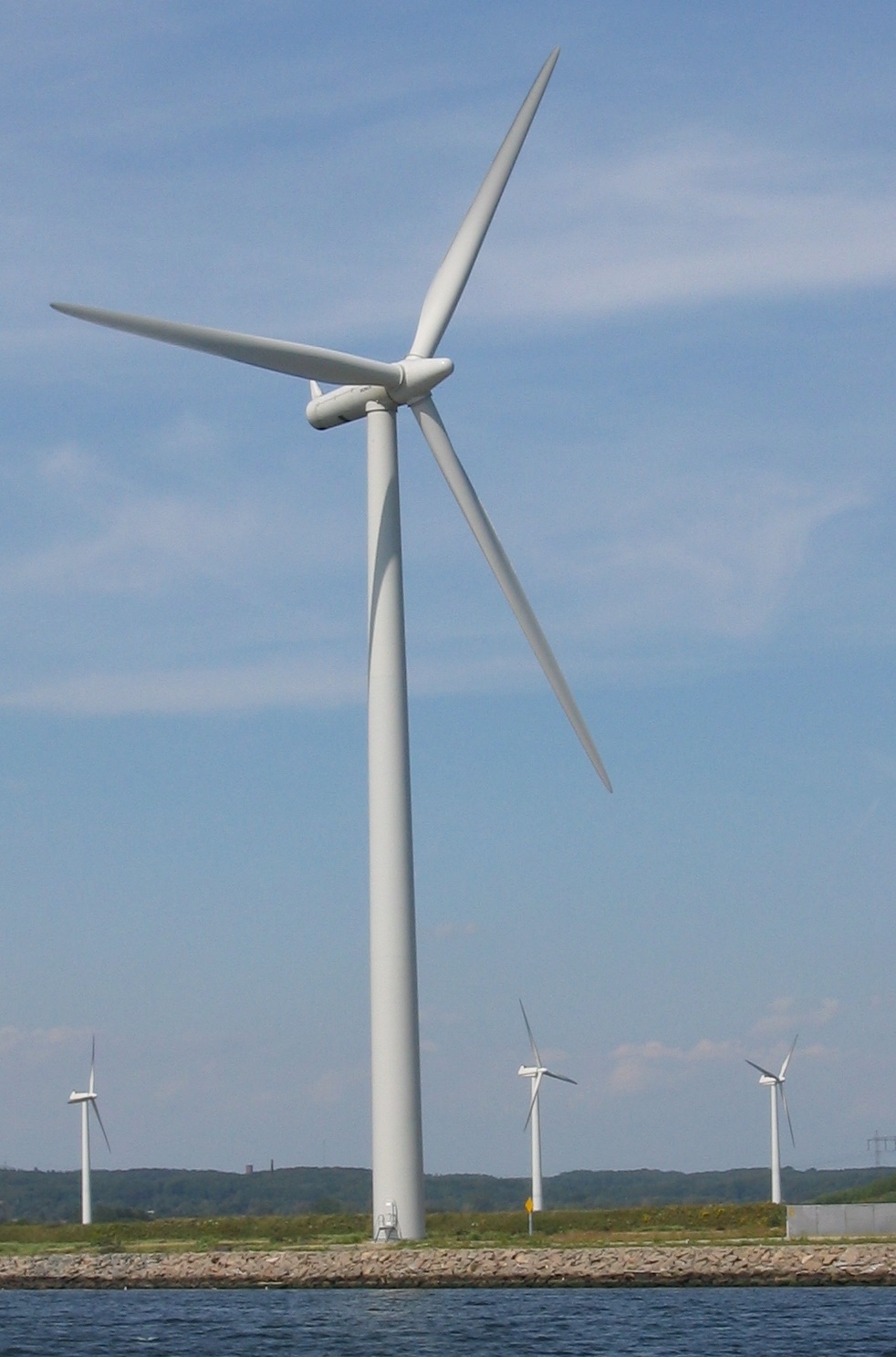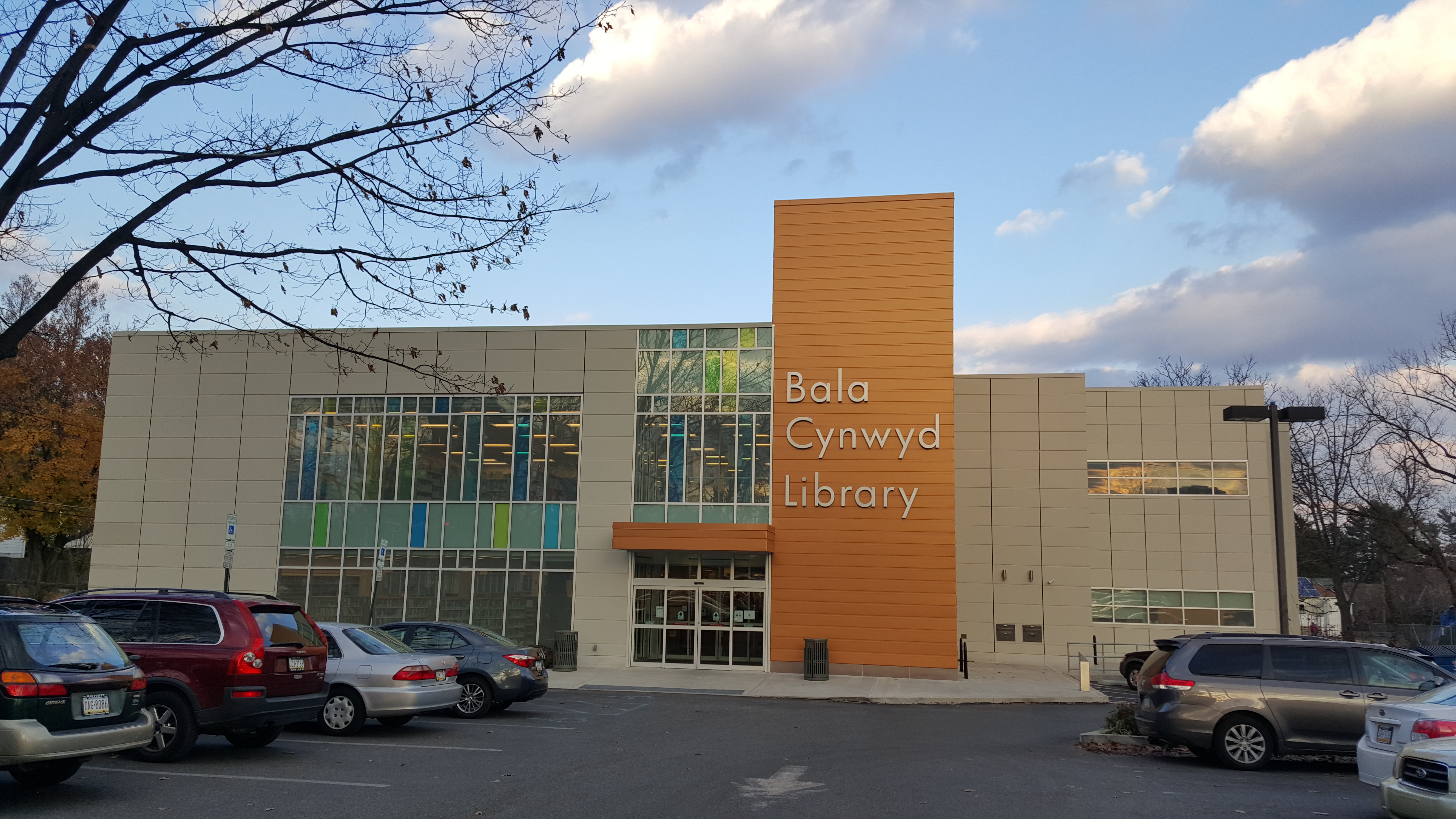|
Mantria Corporation Ponzi Scheme
The Mantria Corporation Ponzi scheme has been described as the "biggest green energy scam" in United States history. A Federal judge in the Securities and Exchange Commission's civil case found Mantria had scammed more than $54.5 million “by egregiously, recklessly, knowingly, and shamelessly perpetrating a fraudulent scheme” that used “misrepresentations, omissions, and blatant lies to induce unsuspecting and unwitting victim investors to liquidate the equity in their homes and take out bank loans to invest in Defendants’ scheme, which was nothing more than smoke and mirrors.” On November 16, 2009, the U.S. Securities and Exchange Commission charged four people who targeted those nearing retirement age who were seeking real estate and "green" investments. Many of these securities were offered by Mantria Corporation. The SEC said Mantria's environmental and real estate initiatives had not generated any significant profits, and returns paid to investors had been funded ... [...More Info...] [...Related Items...] OR: [Wikipedia] [Google] [Baidu] |
Sustainable Energy
Energy is sustainable if it "meets the needs of the present without compromising the ability of future generations to meet their own needs". Most definitions of sustainable energy include considerations of environmental aspects such as greenhouse gas emissions and social and economic aspects such as energy poverty. Renewable energy sources such as wind, hydroelectric power, solar, and geothermal energy are generally far more sustainable than fossil fuel sources. However, some renewable energy projects, such as the clearing of forests to produce biofuels, can cause severe environmental damage. The role of non-renewable energy sources in sustainable energy has been controversial. Nuclear power is a low-carbon source whose historic mortality rates are comparable to wind and solar, but its sustainability has been debated because of concerns about radioactive waste, nuclear proliferation, and accidents. Switching from coal to natural gas has environmental benefits, including a ... [...More Info...] [...Related Items...] OR: [Wikipedia] [Google] [Baidu] |
Environmentally Friendly
Environment friendly processes, or environmental-friendly processes (also referred to as eco-friendly, nature-friendly, and green), are sustainability and marketing terms referring to goods and services, laws, guidelines and policies that claim reduced, minimal, or no harm upon ecosystems or the environment. Companies use these ambiguous terms to promote goods and services, sometimes with additional, more specific certifications, such as ecolabels. Their overuse can be referred to as greenwashing.Greenwashing Fact Sheet. 22 March 2001. Retrieved 14 November 2009. frocorpwatch.org/ref> To ensure the successful meeting of Sustainable Development Goals (SDGs) companies are advised to employ environmental friendly processes in their production. Specifically, Sustainable Development Goal 12 measures 11 targets and 13 indicators "to ensure sustainable consumption and production patterns". The International Organization for Standardization has developed ISO 14020 and ISO 14024 to es ... [...More Info...] [...Related Items...] OR: [Wikipedia] [Google] [Baidu] |
Carbon Dioxide Removal
Carbon dioxide removal (CDR), also known as negative emissions, is a process in which carbon dioxide gas () is removed from the atmosphere and sequestered for long periods of time. Similarly, greenhouse gas removal (GGR) or negative greenhouse gas emissions is the removal of greenhouse gases (GHGs) from the atmosphere by deliberate human activities, i.e., in addition to the removal that would occur via natural carbon cycle or atmospheric chemistry processes.IPCC, 2021Annex VII: Glossary atthews, J.B.R., V. Möller, R. van Diemen, J.S. Fuglestvedt, V. Masson-Delmotte, C. Méndez, S. Semenov, A. Reisinger (eds.) IClimate Change 2021: The Physical Science Basis. Contribution of Working Group I to the Sixth Assessment Report of the Intergovernmental Panel on Climate Change[Masson-Delmotte, V., P. Zhai, A. Pirani, S.L. Connors, C. Péan, S. Berger, N. Caud, Y. Chen, L. Goldfarb, M.I. Gomis, M. Huang, K. Leitzell, E. Lonnoy, J.B.R. Matthews, T.K. Maycock, T. Waterfield, O. Yelek� ... [...More Info...] [...Related Items...] OR: [Wikipedia] [Google] [Baidu] |
Biochar
Biochar is the lightweight black residue, made of carbon and Ash (analytical chemistry), ashes, remaining after the pyrolysis of biomass. Biochar is defined by the International Biochar Initiative as "the solid material obtained from the thermochemical conversion of biomass in an reducing atmosphere, oxygen-limited environment". Biochar is a stable solid that is rich in Pyrolysis, pyrogenic carbon and can endure in soil for thousands of years. The refractory stability of biochar leads to the concept of pyrogenic carbon capture and storage (PyCCS), i.e. carbon sequestration in the form of biochar. It may be a means to Climate change mitigation, mitigate climate change. Biochar may increase the soil fertility of acidic soils and increase agricultural productivity. History The word "biochar" is a late 20th century English neologism derived from the Greek Language, Greek word , ''bios'', "life" and "Char (chemistry), char" (charcoal produced by carbonisation of biomass). It ... [...More Info...] [...Related Items...] OR: [Wikipedia] [Google] [Baidu] |
Socially Responsible Investing
Socially responsible investing (SRI), social investment, sustainable socially conscious, "green" or ethical investing, is any investment strategy which seeks to consider both financial return and social/environmental good to bring about social change regarded as positive by proponents. Socially responsible investments often constitute a small percentage of total funds invested by corporations and are riddled with obstacles. Recently, it has also become known as " sustainable investing" or "responsible investing". There is also a subset of SRI known as "impact investing", devoted to the conscious creation of social impact through investment. In general, socially responsible investors encourage corporate practices that they believe promote environmental stewardship, consumer protection, human rights, and racial or gender diversity. Some SRIs avoid investing in businesses perceived to have negative social effects such as alcohol, tobacco, fast food, gambling, pornography, weapo ... [...More Info...] [...Related Items...] OR: [Wikipedia] [Google] [Baidu] |
Bala Cynwyd
Bala Cynwyd ( ) is a community in Lower Merion Township, Pennsylvania. It is located on the Philadelphia Main Line in Southeastern Pennsylvania, bordering the western edge of Philadelphia at U.S. Route 1 (City Avenue). It was originally two separate towns, Bala and Cynwyd, but is commonly treated as a single community. This came about when a single U.S. Post Office served both towns (the Bala Cynwyd branch) using ZIP Code 19004. The community was long known as hyphenated Bala-Cynwyd. Bala and Cynwyd are currently served by separate stations on SEPTA's Cynwyd Line of Regional Rail. Description Bala Cynwyd lies in the Welsh Tract of Pennsylvania and was settled in the 1680s by Welsh Quakers, who named it after the town of Bala and the village of Cynwyd in Wales. A mixed residential community made up predominantly of single-family detached homes, it extends west of the Philadelphia city limits represented by City Avenue from Old Lancaster Road at 54th Street west to Meeting House ... [...More Info...] [...Related Items...] OR: [Wikipedia] [Google] [Baidu] |
Ponzi Scheme
A Ponzi scheme (, ) is a form of fraud that lures investors and pays profits to earlier investors with funds from more recent investors. Named after Italian businessman Charles Ponzi, the scheme leads victims to believe that profits are coming from legitimate business activity (e.g., product sales or successful investments), and they remain unaware that other investors are the source of funds. A Ponzi scheme can maintain the illusion of a sustainable business as long as new investors contribute new funds, and as long as most of the investors do not demand full repayment and still believe in the non-existent assets they are purported to own. Some of the first recorded incidents to meet the modern definition of the Ponzi scheme were carried out from 1869 to 1872 by Adele Spitzeder in Germany and by Sarah Howe in the United States in the 1880s through the "Ladies' Deposit". Howe offered a solely female clientele an 8% monthly interest rate and then stole the money that the women ... [...More Info...] [...Related Items...] OR: [Wikipedia] [Google] [Baidu] |





